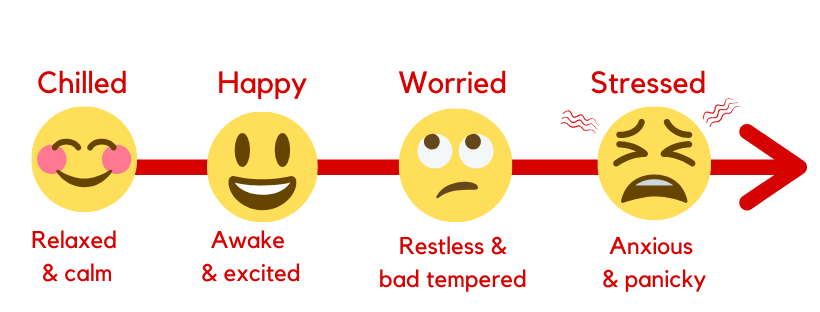When Living with Diabetes Makes You Feel Low, Try Talking

Living with diabetes can be a challenge! Controlling blood sugar fluctuations is key to managing not only your physical health but also your emotional wellbeing. Stressing about your diabetes can lead to problems. In this blog, we suggest ways of keeping diabetes-related stress levels under control and provide some tips to help us think about talking more.
Feeling low is normal
We all have those days when one minute we are full of life, and the next we want to curl up on the sofa and shut the world out for a few minutes. It’s not surprising, really. Being diagnosed with diabetes and learning to live with a long-term condition requires some changes to lifestyle as well as a change in mindset.
People living with diabetes are more likely to experience mental health problems such as depression and anxiety1,2. This is partly because when blood sugars keep going up and down it can cause rapid changes in mood and affect mental wellbeing.
It’s important to remember that if you manage your blood sugar levels by following the advice of your doctor or nurse things can be controlled, leaving you to live the life you want to lead.
Managing stress
Managing an invisible condition can be exhausting and isolating, but worrying can cause complications. Worrying increases your adrenaline levels which in turn can make you feel bad-tempered and stressed.
Your feelings change as your adrenaline level goes up and down. Where are you on the scale?

Remember, there are small changes you can make to help stop feeling tense and stressed:
- Do a little exercise – a gentle walk or a little yoga can help distract you and make you feel calmer.
- Avoid drinking too much coffee and tea – caffeine makes tension worse. Try and drink less than 4 or 5 cups a day.
- Practise deep breathing – shallow breathing can make anxiety worse. Put one hand on your chest and the other on your stomach and breathe deeply, so only your stomach rises and falls.
The power of talking

Talking about feelings and mental health is not always easy. Society is changing with high profile celebrities making it more visible. I in 4 people struggle with mental health issues and this month “Time to Talk Day” encourages everyone to be more open about mental health. Check out their page for more details.
Talking to a friend, relative or work colleague, who listens patiently can often be all the support you need to take a step back and reflect on how you are feeling. But it doesn’t have to be someone you know personally. Sometimes finding like-minded people who have a deep level of understanding of living with diabetes, or strangers who can listen without judgement, are just as helpful.
Top talking tips
- Build trust and confidence – Talking to people you know regularly helps build strong bonds and relationships. When you feel comfortable and trust people, you are more likely to reach out about how you feel. Get involved in things where you can have more social interaction to create more opportunities to talk. Think about organising regular get-togethers or maybe join an activity group. The important thing is to make the time to chat.
- Get an outside perspective – Talking to others can help you get perspective on your situation and enable you to talk about how to reduce stress and anxiety. Stress can cloud your ability to see solutions that might seem obvious to an outsider. As well as your healthcare professional, there are also local diabetes support groups you can join. They are often run by people living with diabetes and offer a place to talk and share helpful advice. Find your local group.
But if you feel uncomfortable in a group you can always look for online diabetes communities to join. - Turn negative thoughts into positive thoughts and actions – When you talk about how you are feeling, you begin to realise that other people experience similar emotions. You are not alone! Find things that make you feel good and make you feel great. Try to plan something positive to do every day whether it’s meeting up with friends or watching your favourite TV programme. Focus on the brilliant person that you are and remember all the wonderful things in your life!
A few positive thoughts to help you on your way
- If I take charge of my diabetes, it will not stop me from living a normal life.
- It’s ok to feel a bit sad and worried sometimes— Who doesn’t?
- A healthier lifestyle will help me be a much better and happier person than an unhealthy one.
References
- https://www.england.nhs.uk/blog/diabetes-and-mental-health-call-out-for-examples-of-best-practice/
- Ducat, L., Philipson, L. H., & Anderson, B. J. (2014). The mental health comorbidities of diabetes. JAMA, 312(7), 691–692. doi:10.1001/jama.2014.8040 https://www.ncbi.nlm.nih.gov/pmc/articles/PMC4439400/


